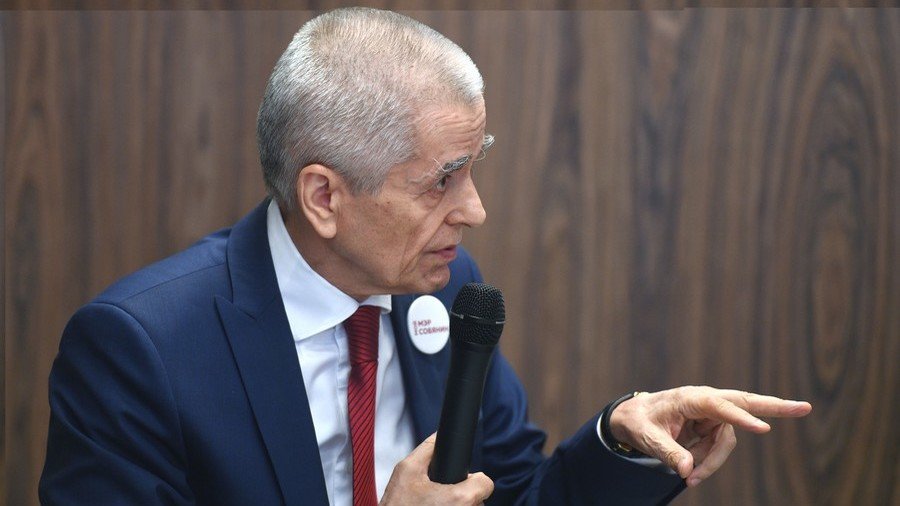Russian MP blames internet for teenage masturbation, calls on nationwide campaign

A senior MP in charge of education and science has apparently started an anti-masturbation crusade as he alleged the practice to be extremely harmful to health and called for special classes in schools to deal with the issue.
In a radio interview, 67-year old Gennadiy Onishenko said masturbation was an acute problem and that it was especially spread among the younger generation. Then he alleged that the main reason behind this situation was the universal reach and availability of the internet. He said that the web had a “particular specialization” on masturbation and that even that it “encouraged” kids into playing with themselves.
Onishenko, the deputy chair of the science and education committee in the lower house, went on to state that masturbation posed a great threat to the health of children and teenagers, girls and boys alike and proposed to introduce a special course in schools that would warn the younger generation about the potential perils of such activities. Another proposal was to work with parents who can detect the problem and explain the alleged potential consequences to their children.
However, the lawmaker admitted that in some regions, like those with predominantly Muslim population, people would not understand such interventions on the part of the state and suggested that the campaign should first be launched in “hyper-urbanized” areas.
Onishchenko made himself a name with controversial and downright bizarre statements when he occupied the position of Russia’s Chief Sanitary Inspector (1993-2004) and then headed the state consumer rights watchdog Rospotrebnadzor (2004-2013).
On these posts, Onishenko proposed, among other things, to ban drinking kefir (Russian fermented milk product similar to buttermilk or yoghurt) and driving and to restrict the consumption of sushi which he described as “worm-infested fish”. He also called common crows “feathered wolves” and said that ordinary citizens should participate in mass culling of these birds and denounced street rallies as a place where participants can catch a dangerous infection.
Onishchenko left his post in Rospotrebnadzor because his working contract expired and joined the lower house of parliament through a by-election in 2016. The ex-official continued to apply his extensive media skills at the new position, proposing, among other things, a universal ban on tobacco products and a ban on imports and sales of US-made medical products.
So far these proposals have not been realized as laws.
Russian schools had special lessons called “Ethics and psychology of family life” in mid- and late 1990s but currently this course is optional.
If you like this story, share it with a friend!















